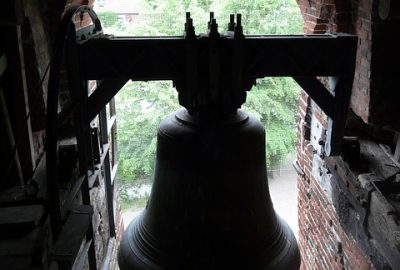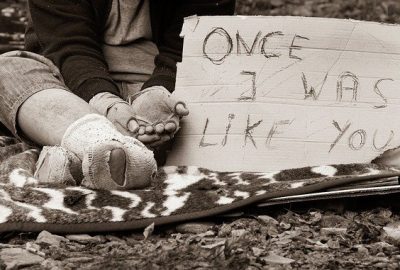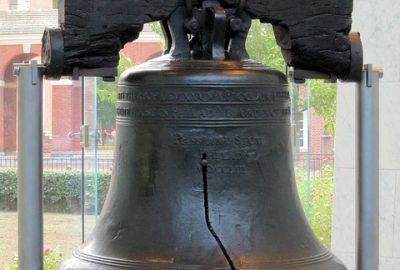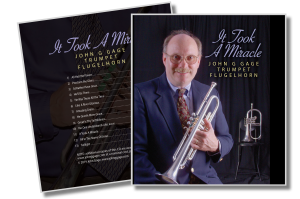Devotionals
Horn of the Altar
“The Lord is my rock, my fortress, and my deliverer, my God, my mountain where I seek refuge, my shield and the horn of my salvation, my stronghold.” (Psalm 18:2-NIV)
Moses was instructed by God to build a tabernacle that would represent His presence among His people. It was surrounded by a curtain 150 feet long and 75 feet wide and housed several elements including the ark of the covenant, which contained the tablets upon which were written the ten commandments. Just inside the doorway to the enclosure, the first object one encountered was a bronze altar 4.5 feet tall, 7.5 feet long and 7.5 feet wide. On each corner of the altar was a horn overlaid in bronze. Prior to the establishment of the six sanctuary cities, anyone who had committed unintentional manslaughter could run to the altar and cling to the bronze horn where they were protected from retribution until a fair trial could be held.
When Adonijah tried to overthrow the kingdom of his father King David, and David pronounced Solomon king, “Adonijah was afraid of Solomon, so he got up and went to take hold of the horns of the altar.” (I Kings 1:50) When general Joab sided with Adonijah after killing David’s son Absolom, “Joab fled to the Lord’s tabernacle and took hold of the horns of the altar. (I Kings 2:28)
In Psalm 18 David describes Yahweh as “the horn of my salvation.” Most Bible scholars will tell you that the word “horn” in this instance means “strength”. But I wonder if there is a deeper meaning? The word translated “altar” is better defined as “the killing place.” In addition, bronze in the Bible usually identified with judgement. When the children of Israel complained, God punished them by sending venomous snakes, and many Israelites died. God instructed Moses to construct a bronze snake, and anyone who was bitten could look on the snake and live (Numbers 21:4-9)
The horns of the altar were a place of protection for the guilty. If the word “altar” means “the killing place”, what other object in Biblical history was a place of death? Colossians 2:14 says, “having canceled the charge of our legal indebtedness, which stood against us and condemned us, He has taken it away, nailing it to the cross.”
The word translated “horn” most assuredly refers to strength. But strength that has what purpose? Strength can accomplish various feats, but to what does it allude in this passage?
The altar points to sacrifice and death, but it also speaks of a place of safety; a refuge until a legal matter can be settled fairly and appropriately. Could it be that when David refers to Yahweh as “the horn of his salvation” he can be foreseeing the sacrifice Jesus would make on the cross to pay with finality the sin debt he owed?
Zechariah, the father of John the Baptist and a priest who had been looking for the arrival of Messiah, prophesied, “Praise be to the Lord, the God of Israel, because…He has raised up a horn of salvation for us…” He would have seen the “horn” as a place of both judgement and safety.
So when you see the word “horn” used as a synonym for “strength”, think “killing place of safety”. Think “cross”. In the words of the prophet Isaiah, “By His stripes we are healed.” (Isa. 53:5)










